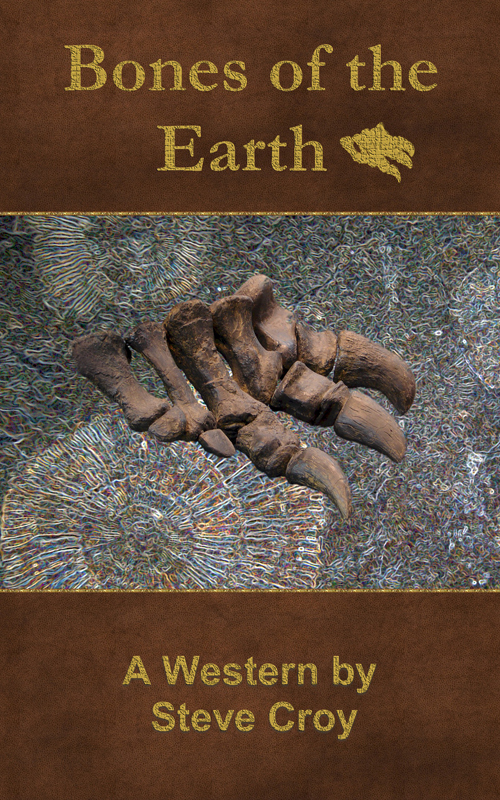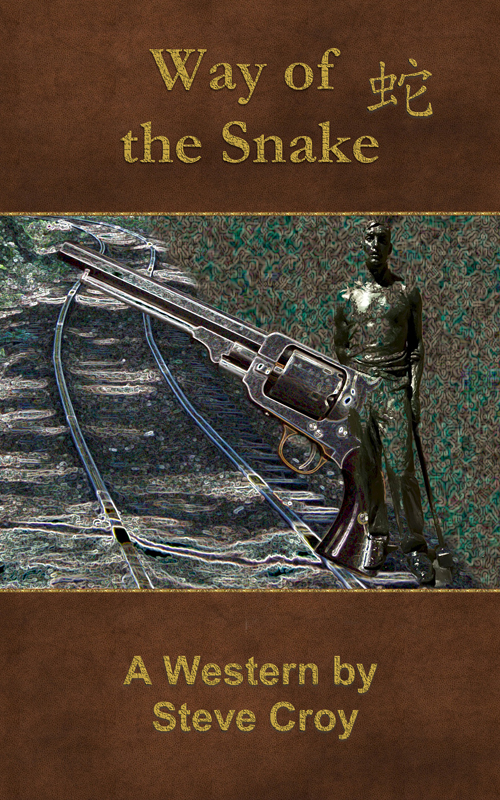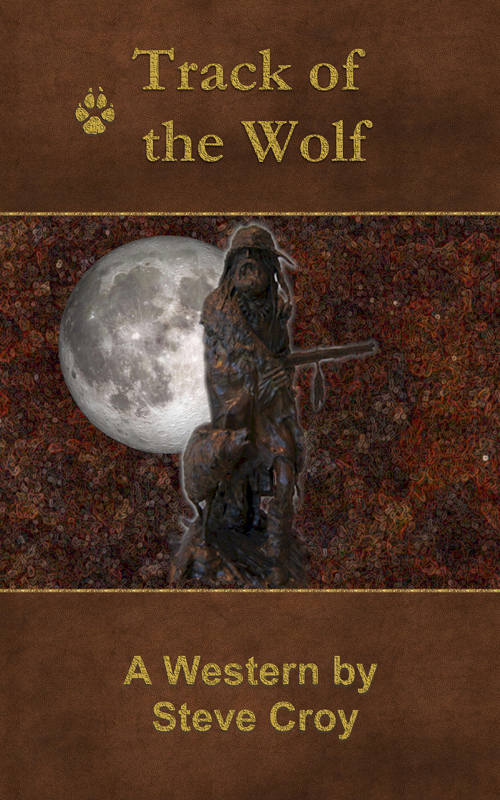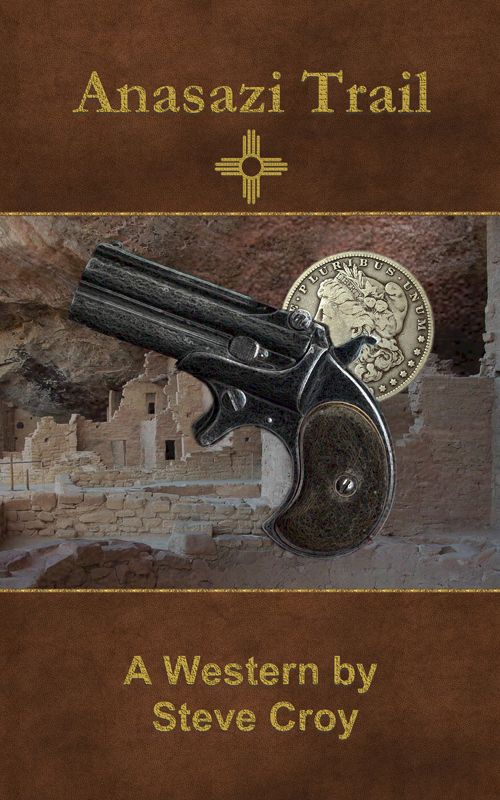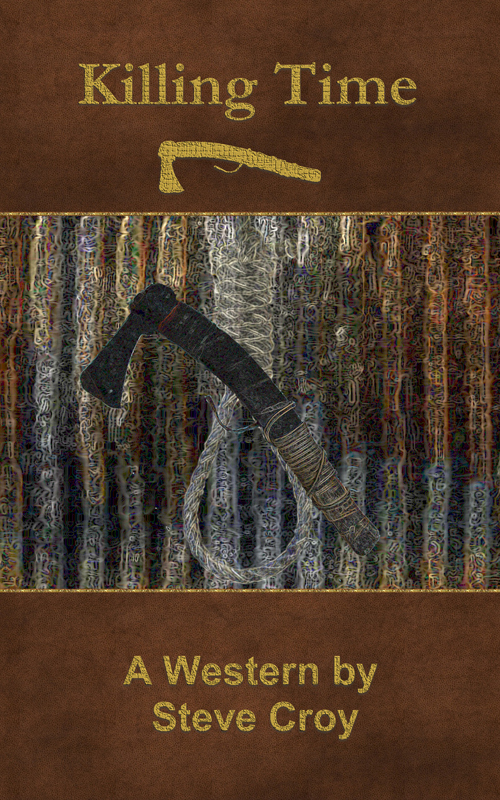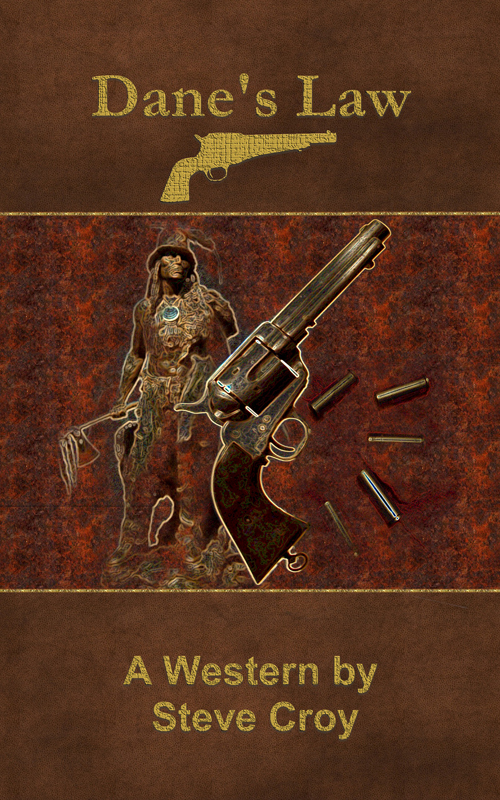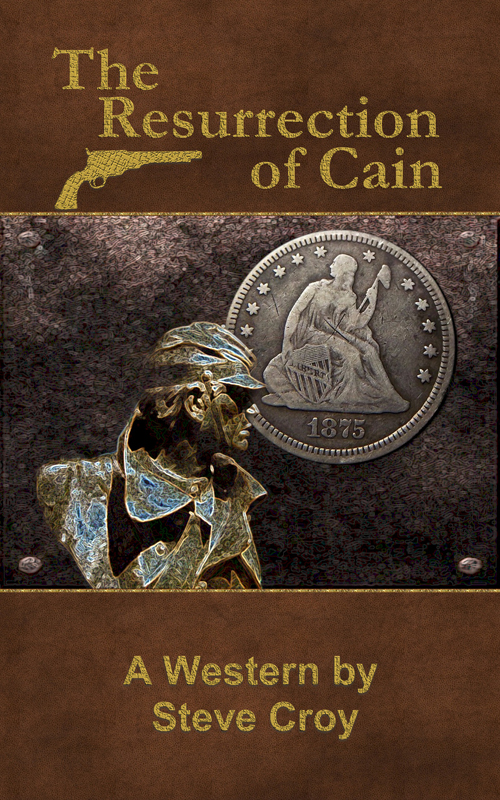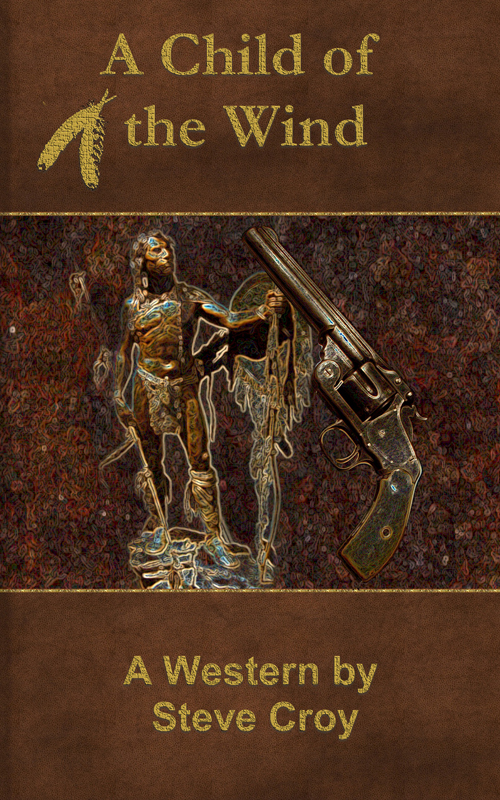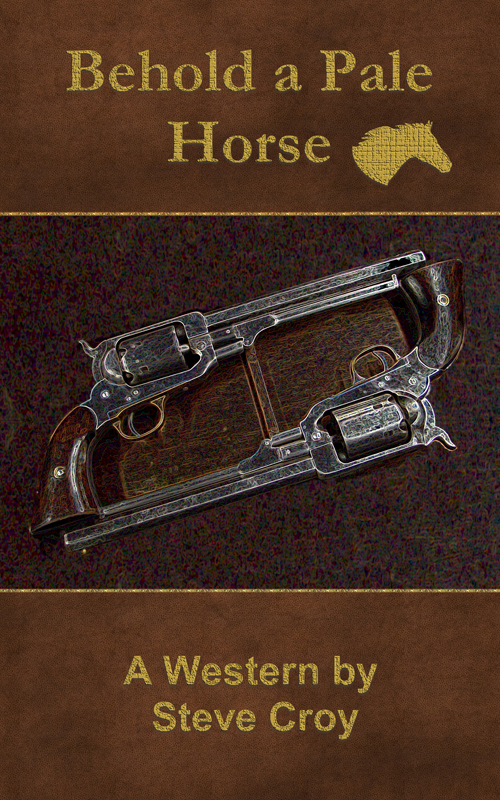Coming Soon!
Click the image for a larger view of the front cover. For more books written by Steve Croy, try the Library Page. Happy reading! - SC
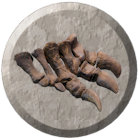
If you enjoy Westerns, you might also enjoy the novel, Way of the Snake.
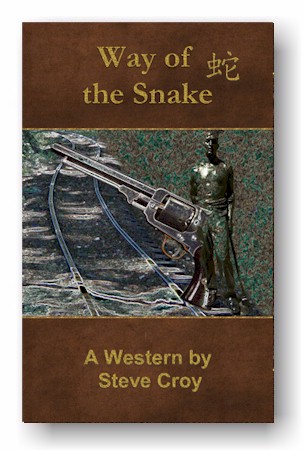
Bones of the Earth
Bones of a large prehistoric beast were uncovered at Como Bluff, Wyoming, in 1877. Othniel Charles Marsh, a noted professor of paleontology at Yale University, organizes an expedition to recover the artifacts, which prove to be the remains of Apatosaurus, the first giant sauropod unearthed. Sergeant Dalton Rawlings, U.S. Cavalry, is the leader of a detachment assigned to babysit the Easterners’ band of tenderfoot novices.
Crazy Horse is still on the warpath. Sitting Bull has led his people north to Canada but may return at any time. The country is still in an uproar over the death of Colonel George Custer at Little Bighorn. Dull Knife of the Northern Cheyenne still resists being confined to a reservation. Edward Drinker Cope, O. C. Marsh’s chief competitor, has hired crews to excavate fossils and will use any trick, including hiring spies to mislead Marsh’s expedition.
Unscrupulous fossil hunters, paid saboteurs, and Indian Wars—Dalton Rawlings has his hands full trying to prevent all sides from starting another war, a Bone War on the frontier. And since Congress failed to pass a bill for military appropriations before adjourning, he has to manage the task without being paid!



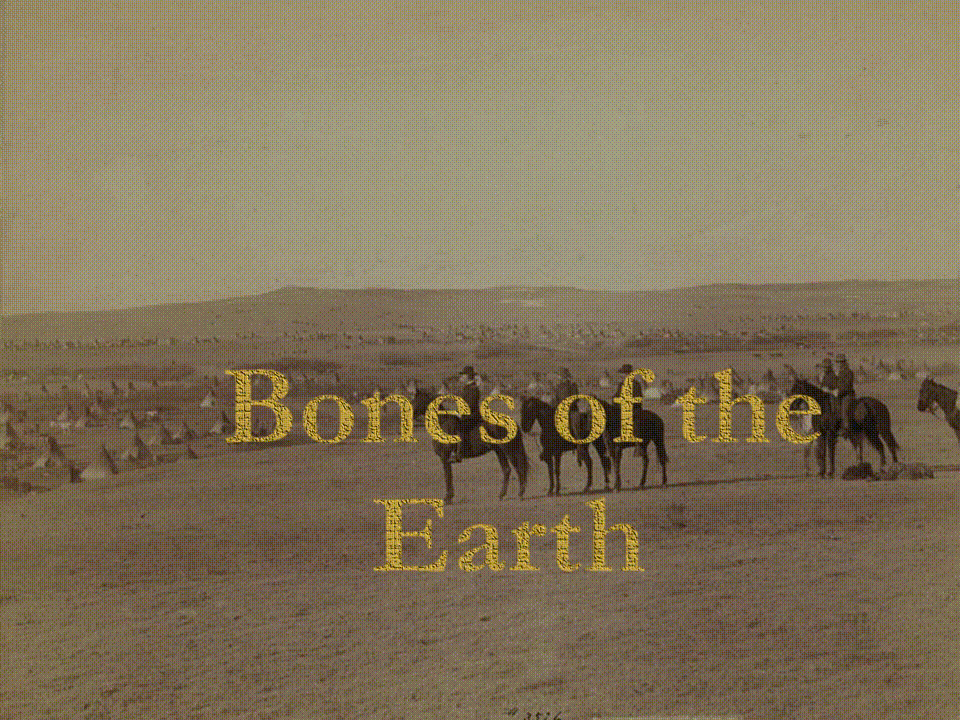



Sergeant Dalton Rawlings took a sip from his canteen. It was an unusually warm spring day, and he would rather be anywhere but atop the hard-mouthed, cantankerous Cavalry mount he rode. Como Bluff was part of an east and west ridge between Medicine Bow and Rock Creek. North of the Union Pacific railroad, he could see the bluff in the distance. As he surveyed the horizon, he cursed the Army, Lieutenant Billings, and all the politicians in Washington.
The Great White Fathers, far removed from the land of the Lakota, were good at making promises. Eloquent words were used to cloak the fact the treaties they made were of little value and easily discarded. Red Cloud and his people weren’t very happy. Rawlings couldn’t say he blamed them. Sergeant Rawlings was more than a little put out with Washington. After the election in ’76, Democrats in the House of Representatives cut the military to 17,000, down from the 39,000 members in ’69. After June 30, 1877, neither he nor any other soldier would receive a dime of pay because the damn politicians had adjourned before voting on appropriations. Morosely, he wondered if Red Cloud paid better.
The Treaty of Fort Laramie, signed in ’68, ended what had been a two-year period of skirmishes between the Sioux and the Cavalry. Washington promised land to the Lakota, Cheyenne, and Arapaho. Yet, in ’74, the gold rush in the Black Hills caused Congress to redraw the boundaries and force the Sioux onto reservations. In ’76, the Seventh Cavalry paid the price of the broken treaty. Dalton Rawlings had friends who died at Little Bighorn, like Sergeants John Foley and Henry French, who rode with C Company under Captain Thomas Custer.
Rawlings was familiar with Lt. Colonel George Custer from Kansas and was well aware of the criticisms directed at him for the crushing defeat. The colonel was ambitious, true enough. However, Rawlings laid most of the blame at the feet of the politicians in Washington. The 7th Cavalry wasn’t at full strength. Custer’s regiment was short on enlisted men, missing fourteen officers, and poorly equipped. Most troopers carried single-shot Springfield carbines instead of Spencer or Winchester rifles. The Office of Indian Affairs provided the intelligence (if you could call it that) that the 7th would face at most five to eight hundred hostiles.
After the Battle of Little Bighorn, the 5th Cavalry, accompanied by regiments of Infantry and elements of the 2nd and 3rd Cavalry, took the field, waging war under General George Crook. The campaign didn’t have an auspicious beginning. Soldiers deemed the initial effort to pursue the Sioux the Horsemeat March. Lack of food and basic supplies forced the troops to kill and butcher any horses or mules that came up lame.



The train had already left the depot by the time Rawlings arrived in Medicine Bow. The empty platform told him everything he needed to know. No passengers had disembarked. No crates of supplies had arrived for his troops. Somewhere down the tracks, the train whistle moaned a long goodbye. Idly, Rawlings thought about asking the ticket agent what it cost for passage to Sacramento. Immediately, he quashed the notion. Whatever it cost, he couldn’t afford it. "I’ll be a damn fool if I re-enlist," he muttered.
